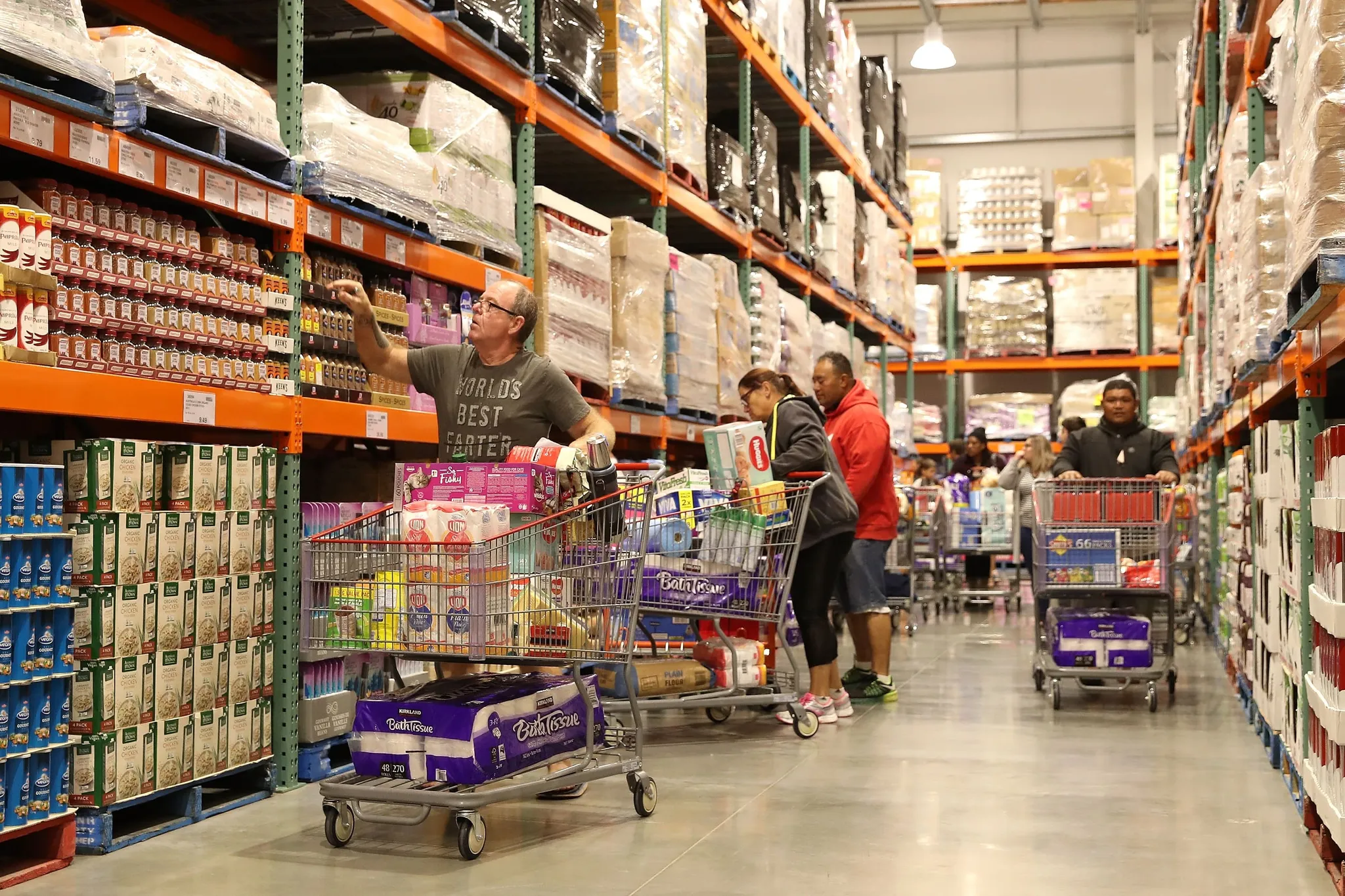A promise of mass savings, brightly lit aisles, carts the size of trucks, and a hot dog for $1.50 that hasn’t changed since 1985 — wholesale warehouses like Costco, Sam’s Club, and BJ’s have long promised more for less. But do they really deliver savings that justify the membership cost?
In short — yes, but not without caveats.
Warehouse clubs are retail stores operating on a membership-based model, offering goods in bulk at reduced prices. They are focused on wholesale trade but are also accessible to individual consumers.
Savings: real but selective
For consumers who know how to shop smart, the deals can be attractive. For example, a three-kilogram bag of organic apples at Costco costs $4.99 — the same price as a two-kilogram bag at Giant Eagle. This is undoubtedly a good deal, especially for families or those buying in large quantities.
But the situation becomes more complicated further on. Meat prices — the Holy Grail of budget shopping — are not always the best at wholesale warehouses. In May, a pound of chicken breasts at Costco was $2.99, while competitors — Aldi, Meijer, or even Walmart — offered similar products at lower prices. Ground beef, one of the staples of the American table, often exceeds $4.99 per pound at Costco, which is closer to the premium segment than a sale.
Information — the new currency
However, as Mike King, Costco’s general manager in Mayfield, notes, price is not everything. “Our product is the highest quality on the market. It’s part of our promise to the customer,” he says. And here it’s worth mentioning the “hidden language of price tags,” well known to loyal customers: numbers like .97 indicate discount, and a star means the item is being discontinued. Sometimes, these small signs can be the key to real savings.
Membership: a worthwhile investment or a marketing trick?
The annual membership fee varies:
Costco: $65 (basic), $130 (includes 2% cashback).
Sam’s Club: $50 (basic), $110 (Plus, also with cashback).
BJ’s: $60 (standard).
For some, these costs quickly pay off. But as financial advisors note, savings are possible only with a clear shopping plan. Otherwise, they say, the allure of 48 rolls of toilet paper at $24.99 each might become an unnecessary luxury gathering dust in the garage.
“Inflation? Never heard of it”
Perhaps no product better symbolizes Costco’s economic philosophy than the hot dog with a drink for $1.50. The price has remained unchanged for over three decades, and, as employees joke in company circles, “Anyone who tries to raise it — will be fired.” It’s not just a sign of loyalty, but also a trust marker for the consumer: stability amid rising prices.
Wholesale warehouses are not a one-size-fits-all solution for every budget, but for attentive shoppers who understand when and what to spend on, they can be a source of real savings. And although a $1.50 hot dog won’t save you from inflation, it at least reminds us: sometimes brand loyalty can still be mutual.



